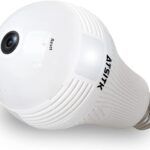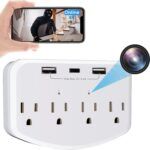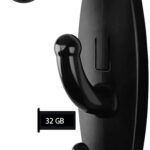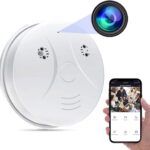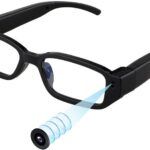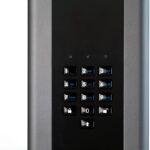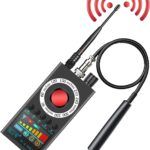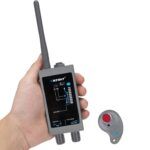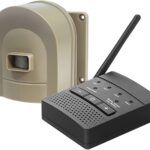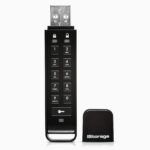Using hidden cameras is a controversial topic, but there are valid reasons why someone would choose to use them. Hidden cameras can be used to monitor and deter criminal activity, such as theft, vandalism, or trespassing, especially in areas where security personnel are not present. They can also be used to ensure the safety of children or elderly relatives, who may require extra supervision. Hidden cameras can help detect potential abuse or neglect by caregivers, as well as provide peace of mind to family members who are concerned about their loved ones’ wellbeing.
Companies can use hidden cameras to monitor employees’ productivity and ensure they are adhering to company policies and procedures. This can help prevent theft or fraud and can also provide evidence in case of any legal disputes. Hidden cameras can also be used for quality control purposes, such as monitoring production lines or ensuring food safety in the restaurant industry. The use of hidden cameras can provide valuable information and protection in various situations, but it is important to consider the ethical and legal implications and to use them responsibly.
However, it is essential to note that the use of hidden cameras can be highly intrusive and controversial, and there are ethical and legal considerations that must be taken into account. The use of hidden cameras without obtaining consent from those being recorded can be a violation of privacy and can result in legal consequences. In addition, hidden cameras can be misused for inappropriate purposes, such as voyeurism or blackmail. Therefore, it is crucial to weigh the potential benefits and risks before deciding to use hidden cameras and to ensure that their use is in compliance with relevant laws and regulations.


